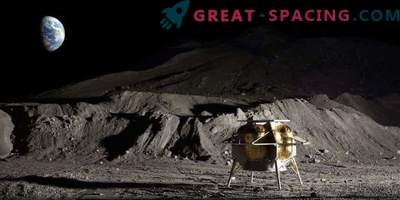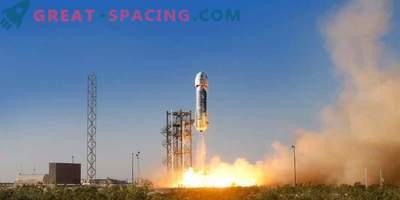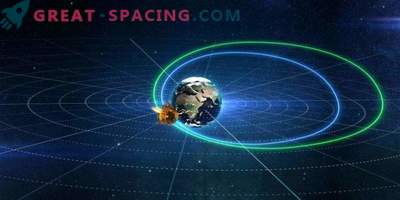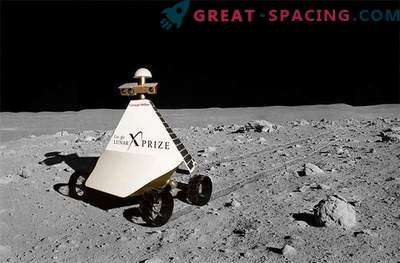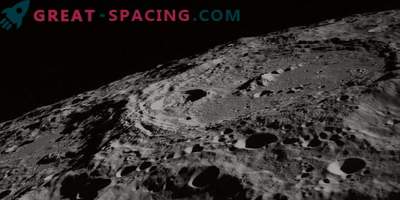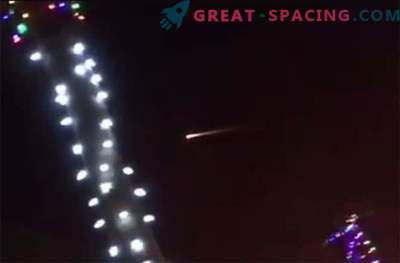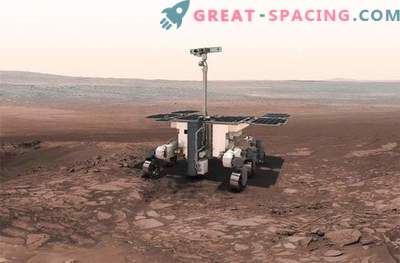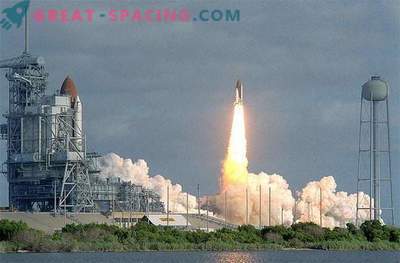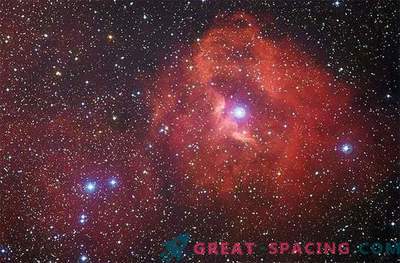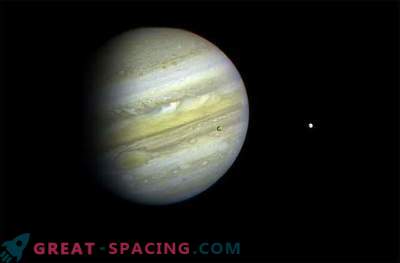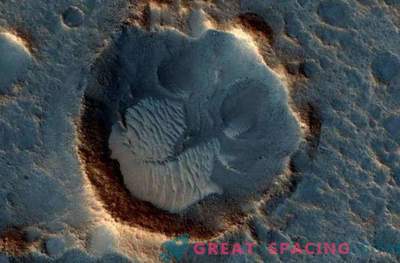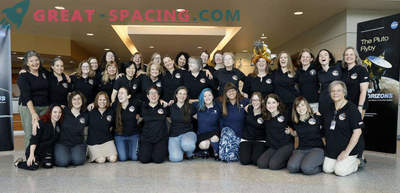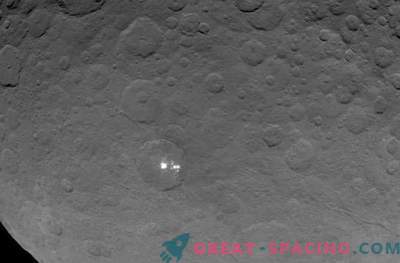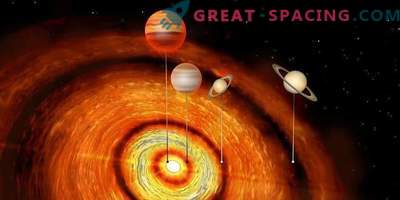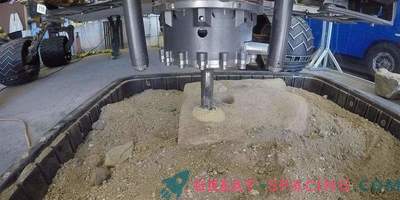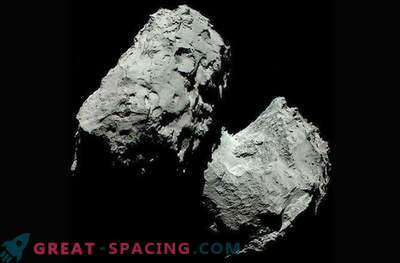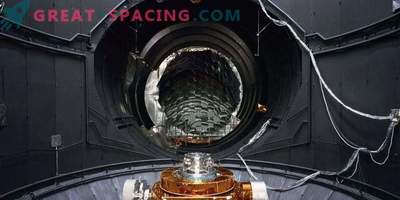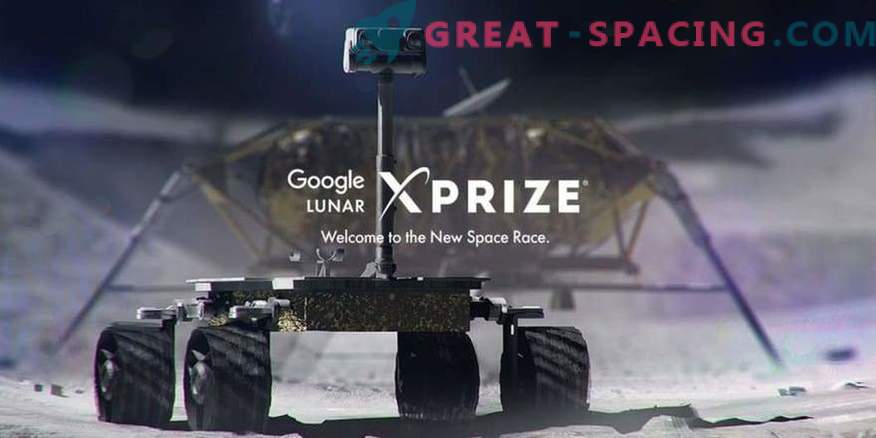
At least five teams compete in the $ 20 million prize from Google Lunar XPRIZE to demonstrate technology on the lunar surface.
The training took five years more than expected, but now at least five teams will be able to send automatic spacecraft to the lunar surface by the end of this year.
The first tool that successfully performs a number of tasks (video report, flight, penetration, or jumps to the second lunar landing) will receive $ 20 million.
The competition, supported by Google, is one of nine current tournaments developed by the nonprofit organization XPRIZE Foundation, which promotes the development of the private sector in the aerospace industry, medicine, environmental health and other technologies.
The first, the most famous and brave competition, called for the development of a reusable space manned spacecraft that could travel in suborbital space. Billionaire Paul Allen (co-founder of Microsoft) and Scaled Composites won $ 10 million in 2004. The SpaceShipOne mechanism has become a model for a commercial passenger vessel and is now being tested by Richard Branson’s Virgin Galactic company.
Google Lunar XPRIZE targets higher requirements. To win, the challenger must land the spacecraft on the moon! Then make it fly, ride or jump at least 500 meters (1,640 feet) and transfer a video report with a high expansion to the Earth. All this must be done before December 31, 2017. The first place is $ 20 million, the second is $ 5 million, and bonus money for other stages: a trip of 5 km (3.1 miles), to reach the landing site of Apollo or another important point for the history, finding evidence of water or functioning on two different lunar days (lunar day lasts 27.3 Earth days).
Funding must be at least 90% of non-state facilities.
The competition was thought for 2012, but the deadlines were delayed. Finally, on Tuesday, the foundation will introduce the participants. So far they have confirmed the applications of five applicants:
- SpaceIL (Israel), which received a grant of $ 16.4 million from casino magnate Sheldon Adelson, who plans to fly aboard the SpaceX Falcon 9 rocket, which returned to flight on January 14.
“We don’t have a specific launch date,” said Oshrat Slama, vice president of marketing communications.
“SpaceIL hopes that SpaceX will overcome last year’s setbacks and the Israeli team to complete a lunar mission.”
- Moon Express (Florida), engaged in the development of services for lunar transportation, regardless of whether to win or not. The company closed an account for $ 20 million this month.
Moon Express hired Rocket Lab to run onboard the Electron booster at the end of 2017. This was announced by founder Bob Richards. The first flight is scheduled for February.
- Synergy Moon - a partnership with 6 of 33 initial bidders.
“Our growth plan includes funding from the private sector and a unique connection of some of the world's leading brands,” the team writes on the website. Tesla Prospector and Tesla Surveyor should fly on the Neptune 8 rocket, which is currently under development when the Inter-Orbit System is launched.
- Indus (India), like the Israeli team, sees the competition as an opportunity to create national pride and invest in space. Indus, located in Bangalore, has a commercial contract with the Indian Space Research Organization (ISRO) to put the lunar landing module and rover aboard the highly reliable PSLV rocket in December 2017. The rocket functions 23 years.
- Hakuto (Japan) is developing a two-wheeled all-terrain vehicle Tetris and a four-wheel Moonraker, which together can explore the lunar lava tube. The team collaborates with Indus for the trip and plans to use the same rocket.
The finalists can breathe freely, as the US Astrobotic team (favorite) decided to abandon the competition, as it did not fit into the business plan.
“We do not plan to compete. But they are still focused on commercial lunar deliveries, ”said Executive Director John Thornton.
Google Lunar XPrize was announced in 2007.


